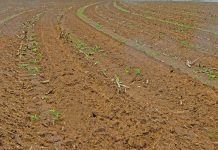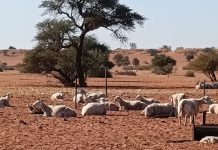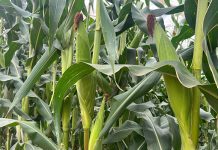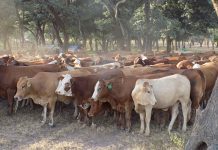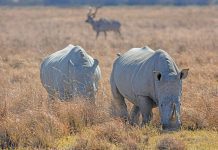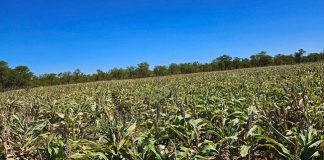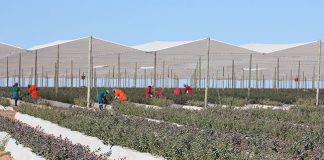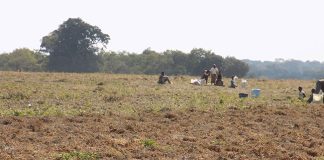
Tanzania’s Minister of Agriculture, Hussein Bashe, warned over a week ago on the social media platform X that a trade ban was looming against South Africa and Malawi if they failed to lift restrictions against agricultural products from Tanzania, with bananas being singled out as the biggest concern in terms of trade with South Africa.
This was followed by an announcement late Wednesday that the ban would now be enforced, and that it extended to restrictions on the transit of agricultural goods, including fertiliser, to and from these countries through Tanzania’s territory.
South Africa’s Department of Agriculture confirmed that it had written to the National Plant Protection Organization of Tanzania to confirm which agricultural products would be affected by trade restrictions.
Wandile Sihlobo, chief economist of Agbiz, told Farmer’s Weekly that he was perplexed by Tanzania’s reaction as there was no “widespread ban” of agricultural products being exported from Tanzania to South Africa.
Bananas from Tanzania, however, do not currently have access to South Africa because they do not comply with South African phytosanitary requirements. Additionally, South Africa has not imported notable volumes of bananas from Tanzania for over two decades.
“To supplement domestic production, Mozambique is the major supplier of bananas, accounting for 74% of South Africa’s annual US$48 million (about R900 million) banana imports. Eswatini accounts for 19%, Seychelles for 4% and Zimbabwe for 2%. The rest is made up of small volumes from various Southern African countries,” Sihlobo said.
He added that the reason for Tanzania’s small share of the South African banana market was uncertain. “Tanzania is citing phytosanitary restrictions as the cause, but I suspect it might be due to insufficient marketing to establish a customer base.”
Sihlobo said South Africa and Tanzania were not major trade partners: Tanzania only accounted for 1% of South African agricultural exports, and 0,4% of South African agricultural imports in 2024.
South Africa as an importer, on the other hand, accounted for 1,4% of Tanzania’s worth of farm exports in 2023.
“South Africa is the 18th largest agricultural market of Tanzania. Hence it makes sense to seek to promote its agricultural products and engage with South Africa’s Department of Agriculture on any scientific issues,” Sihlobo said.
Marianna Theyse, general manager of the Fresh Produce Importers Association of South Africa, told Farmer’s Weekly that the FPIA successfully supported avocado exporters in Tanzania to put appropriate systems in place to meet the phytosanitary requirements of South Africa, which was a standard procedure for all World Trade Organization members to ensure safe trade. The same process should be followed for bananas.
“Tanzania should initiate a market access request via their plant health authority to the South African plant health authority, as they did for avocados. South Africa will then conduct a pest risk analysis, benchmarked on international standards and used for all trade partners, and develop appropriate mitigation options that can be applied to ensure we import product that is free from any quarantine risks,” she said.
UPDATE 26/04/2025

